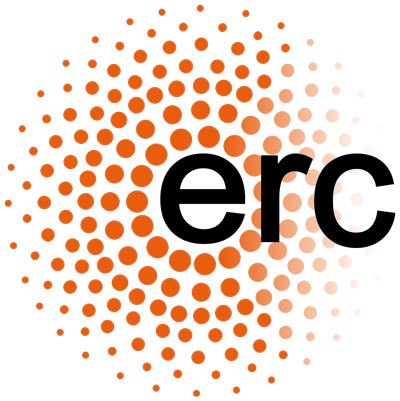
Field: Infectiology
Research: Project Molecular Analysis of Hepatitis C Virus Neutralization and Entry For the Development of Novel Antiviral Immunopreventive Strategies
Project
Hepatitis C virus (HCV) infection is a leading cause of chronic liver disease world-wide. HCV-induced end-stage liver disease such as liver cirrhosis and hepatocellular carcinoma represent a major concern in global health. Treatment options for chronic hepatitis C are limited and no vaccine against HCV infection is available. Vaccine development is hampered by several obstacles. High viral variability and escape from host immune responses render antigen selection a major challenge. Antigen selection requires thorough studies to identify conserved T cell and neutralization epitopes and to decipher neutralization mechanisms, aiming to discover the optimal viral target for immune responses counteracting HCV escape strategies. At the same time it is important to develop antigen presentation systems that are efficient in patients with impaired antiviral immune responses, as often observed during chronic hepatitis C. While most vaccine development programs are based on improving HCV cellular immunity, it is essential to associate, in a same vaccine formulation, immunogens able to induce broad spectrums neutralizing and cellular responses. Owing to recent progresses in the field, here we propose a project aiming to overcome the current limitations in vaccine development by addressing the improvement of B cell responses targeting HCV infection. This will be achieved by a detailed investigation of: 1) mechanisms of antibody-mediated neutralization and escape, 2) impact of lipoproteins associating with the viral particle during assembly/release and counteracting neutralization and 3) cell entry steps that can potentially be targeted by antibodies, including those that are not induced naturally. Thus, through the combined expertise of the team in molecular virology, immunology, clinical hepatology and vectorology, we aim to rationalize the development of B cell immunogens and neutralizing antibodies for novel antiviral immunopreventive strategies targeting HCV infection.
Max ERC Funding
2 447 357 €
Duration
Start date: 2009-04-01, End date: 2014-12-31
ERC Advanced Grant
ERC Advanced Grants support excellent and investigator-initiated research projects by leading advanced researchers of any nationality. Applicants may be at any stage of their research career if they have a track-record of significant research achievements of the last 10 years.
Depending on their individual research field, applicants will be expected to match the following benchmarks: publications as senior author in major international journals, (translated) monographs, patents, conference presentations, research expeditions, involvement in the organization of international conferences, and recognition through scientific prizes/awards or memberships in well-recognised academies.
Researcher
 François-Loïc Cosset
François-Loïc Cosset
CNRS Research Director
Director of the CIRI






